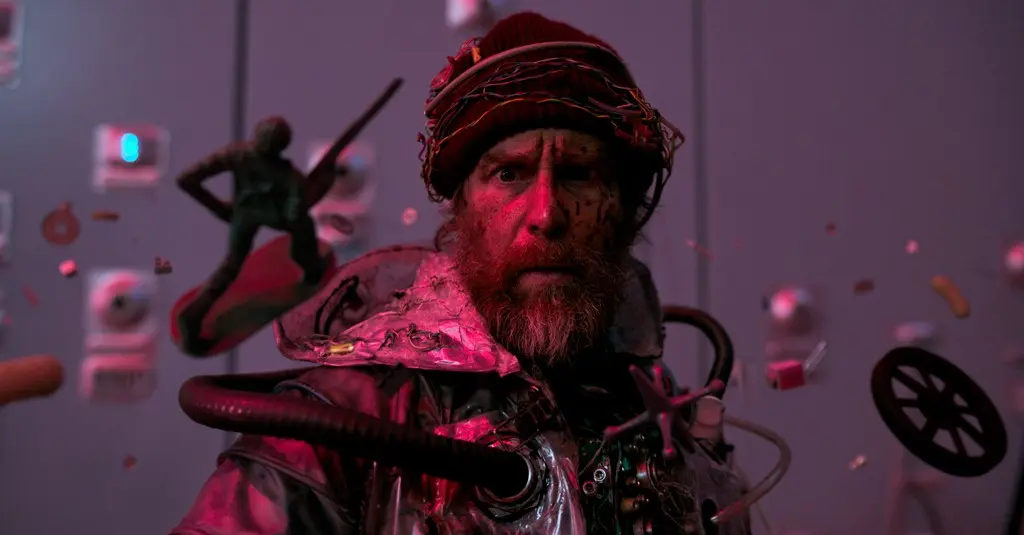NR | 1h 53min | Documentary, Biography | 30 August 2022 (USA)
The third cousin (once removed) of the Fiennes acting family (Ralph, Joseph, and three others), Sir Ranulph Fiennes (full name: Ranulph Twisleton-Wykeham-Fiennes) has lived a life that would make most overachievers blush and cause others to reconsider their own bucket lists.





